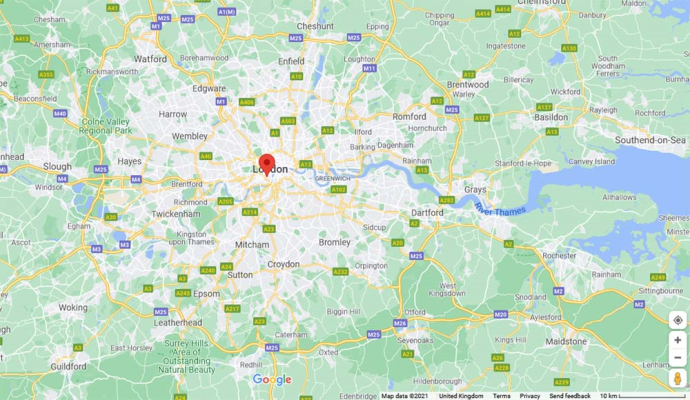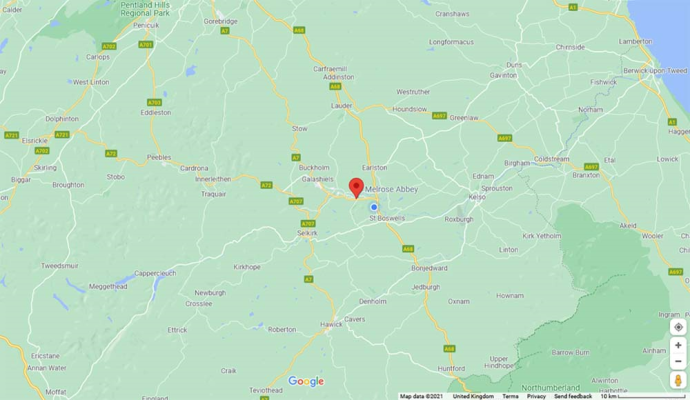What I personally find disingenuous is that folks who live in cities, London in particular, think that what suits them should then be rolled out across the rest of the country as the meridian.
I’m starting to feel this discussion is becoming ever more pointless, what with the comfortable metro-centrists suggesting unnecessary car use/ownership should be discouraged, as people “think” a car is a necessity. To be fair, it is admitted that certain essential workers can be allowed cars.
The more realistic view is that
most people do
not live within walking or cycling distance of their work or a shop.
Many members here - eg
@Bellow lives in a “remote” area where car ownership is essential. I too live in a rural area where the General Hospital, M&S, Tesco, B&Q, and the train terminus for Edinburgh are all within a 7 – 10 minute drive. Public transport to each of these delights is a minimum of an hourly service and journey times vary from 30 – 45 minutes. (after a 10-minute walk) I’m lucky!
Indulge me: there are many southern members who I suspect are not
au fait with UK geography.

Here is Greater London and the commuter belt. Did you know that more people live here than
all of Scotland, Wales, and N.Ireland put together? To a great extent, what happens in London is of little interest and no relevance to my life in the “sticks”

Here is my stamping ground –
to the same scale. Some of you may have vaguely heard of Biggar and Moffat to the west, Hawick and Jedburgh to the south, Kelso and Berwick-upon-Tweed to the east, and the outer environs of Edinburgh to the north. Even England features to the south-east!
All within easy reach in my electric car when I invest £50k+ in one…

If my post seems familiar, it's because it appeared 11 months ago
in this thread where this subject was discussed
ad nauseam...


